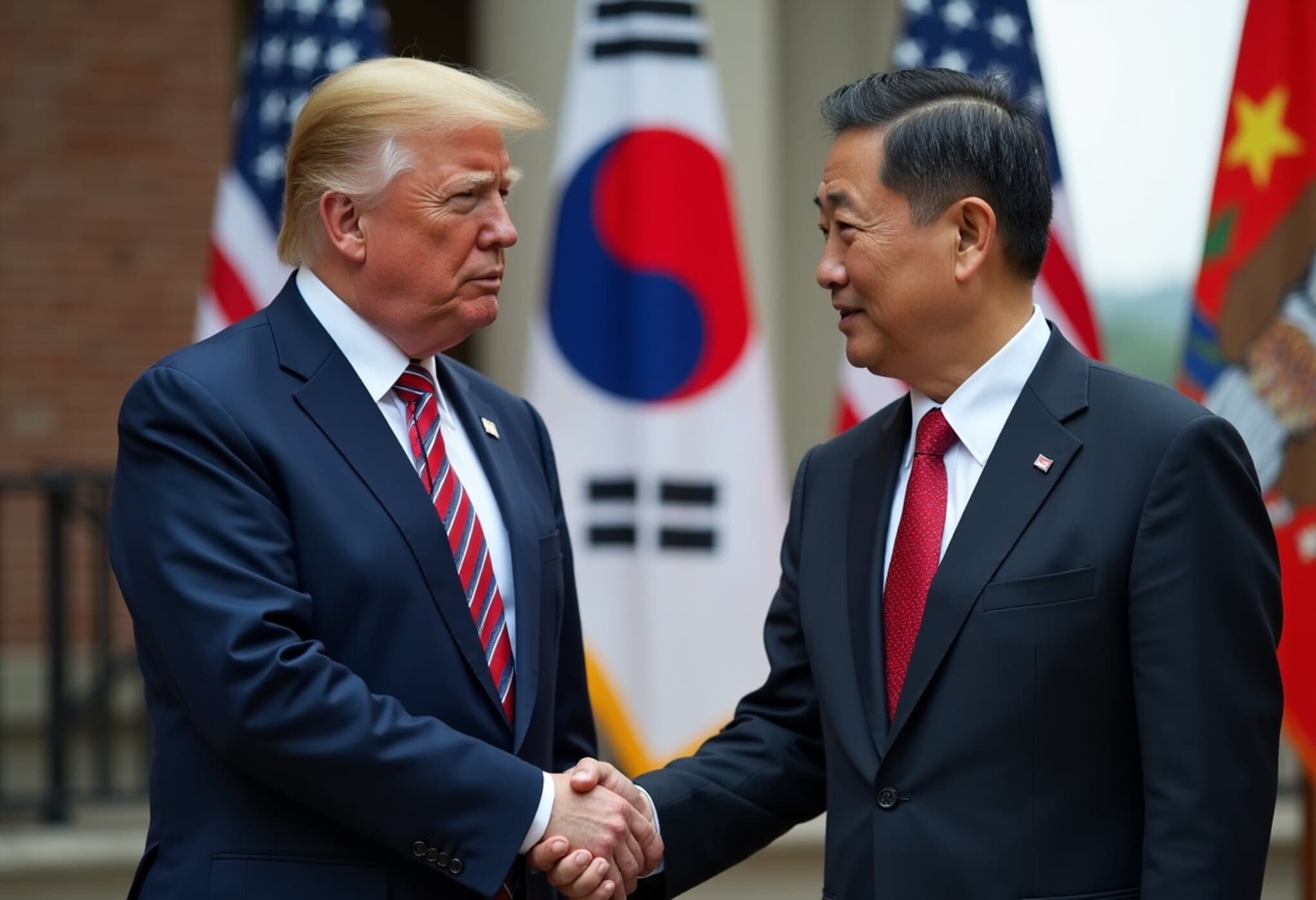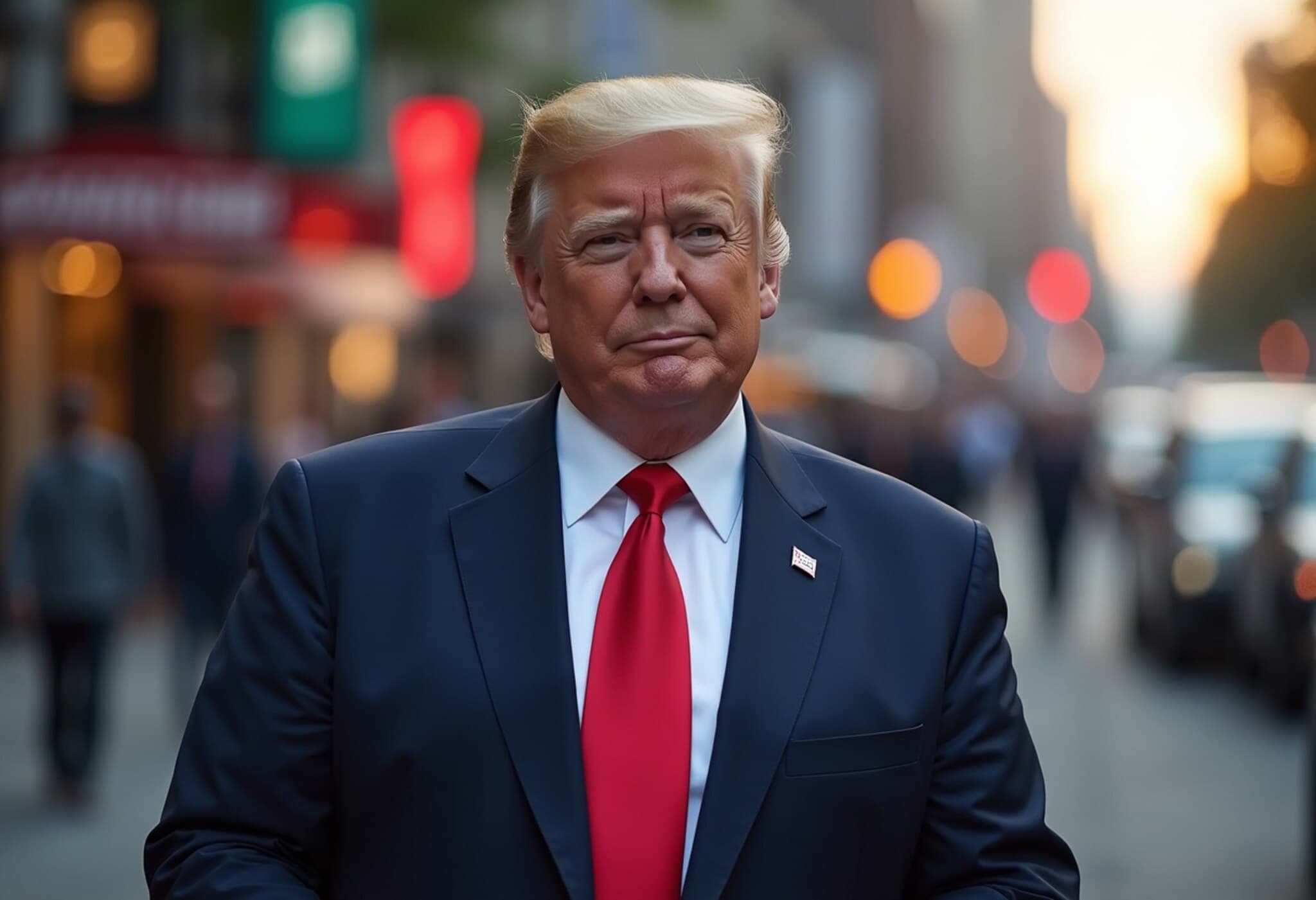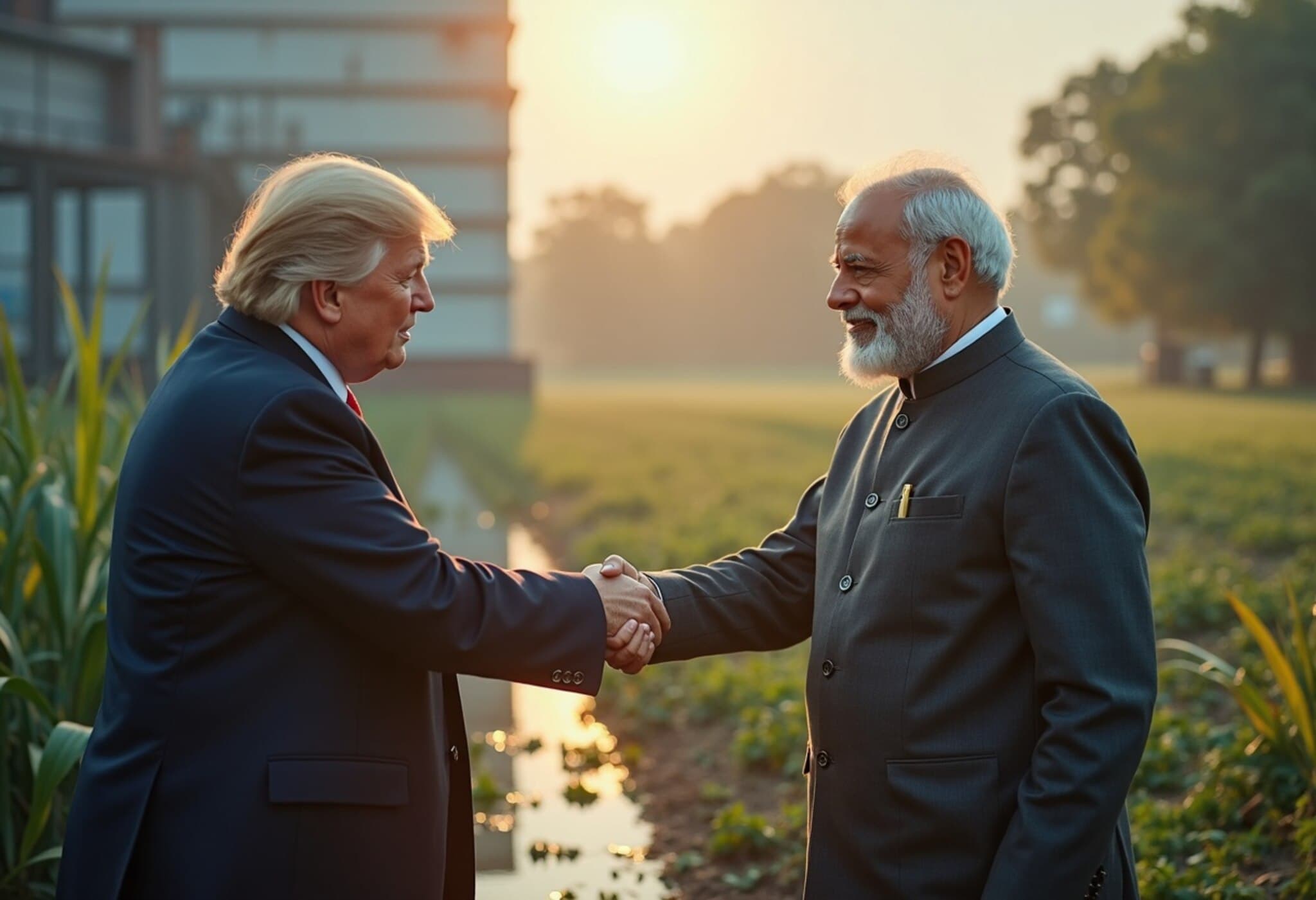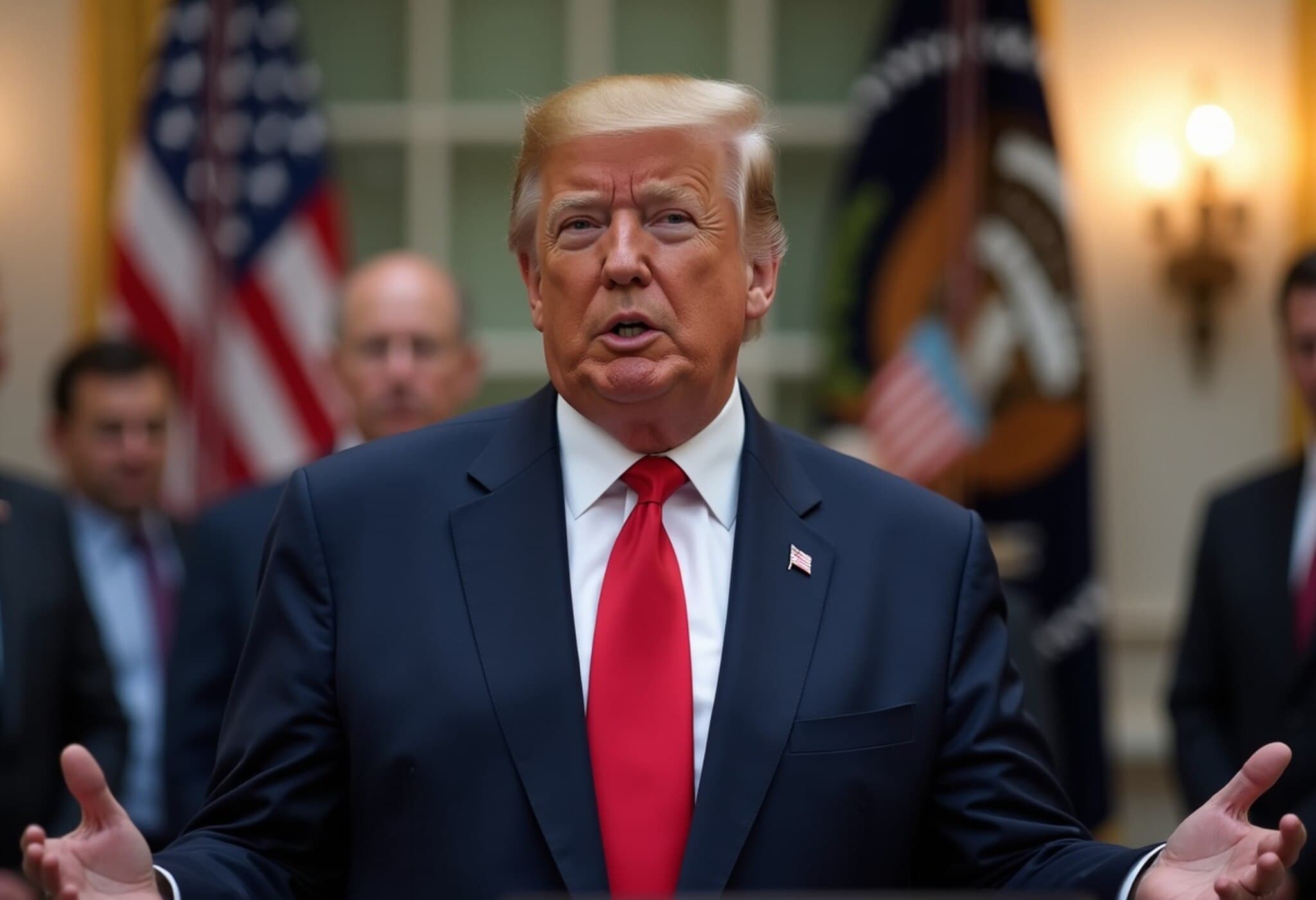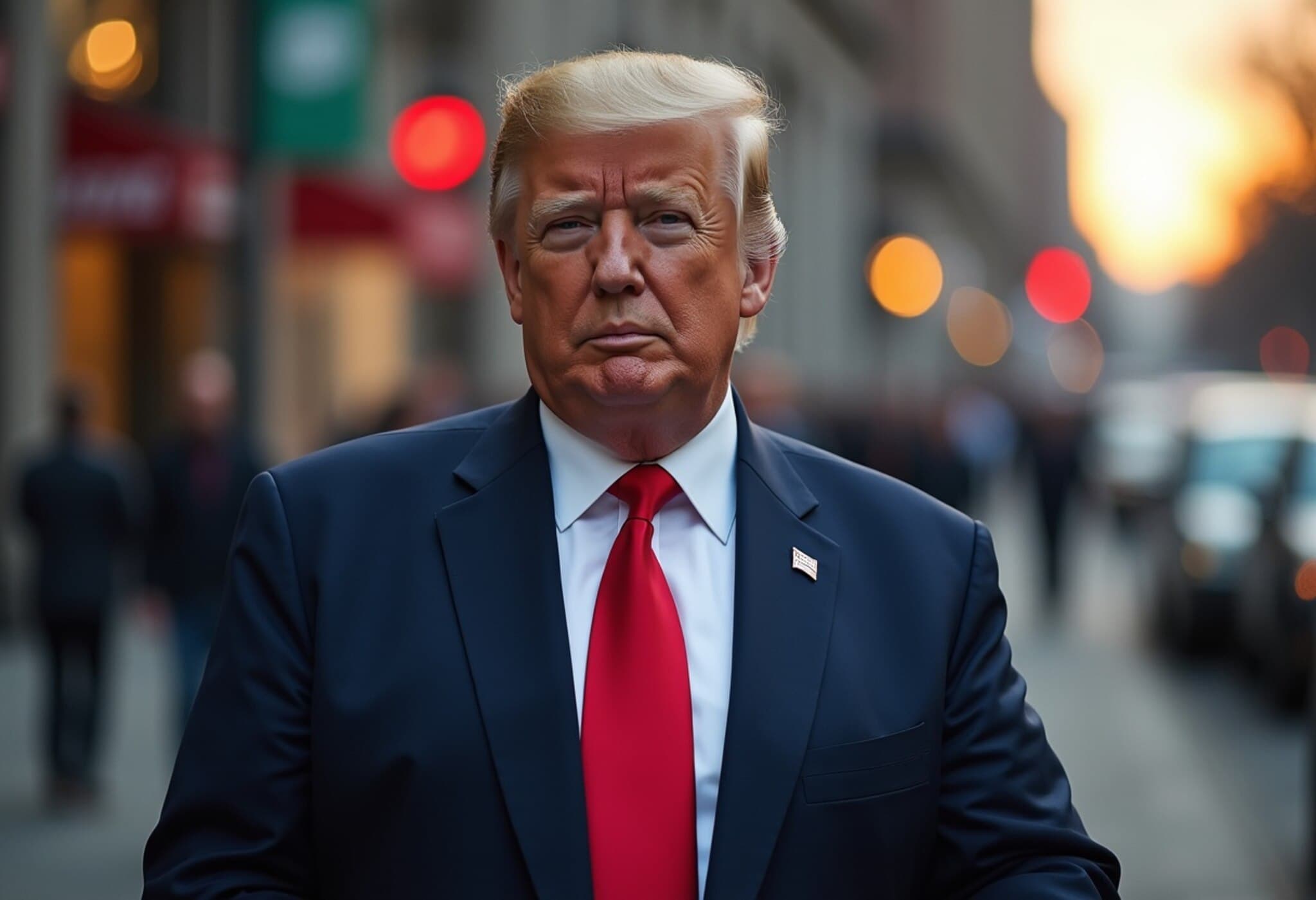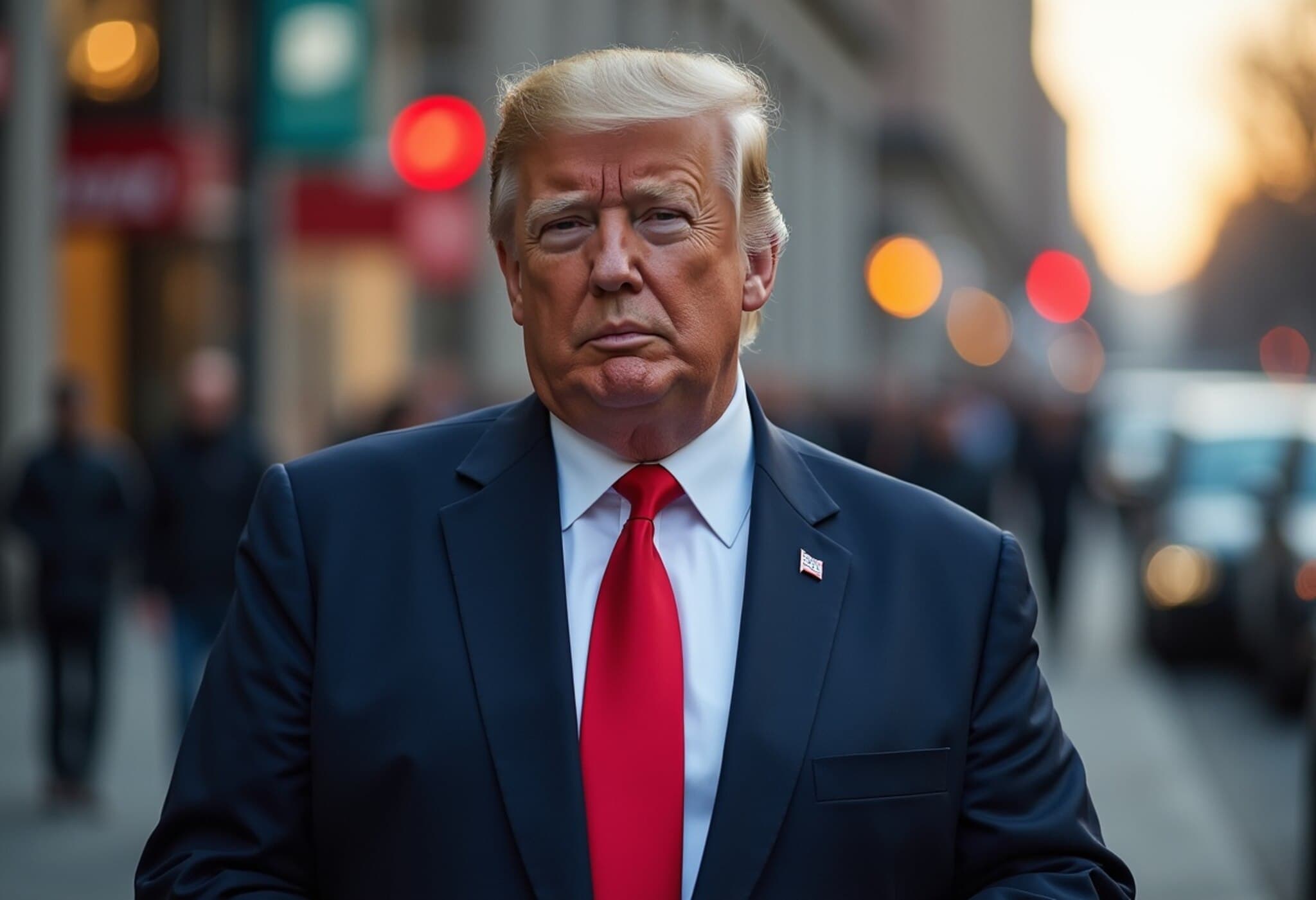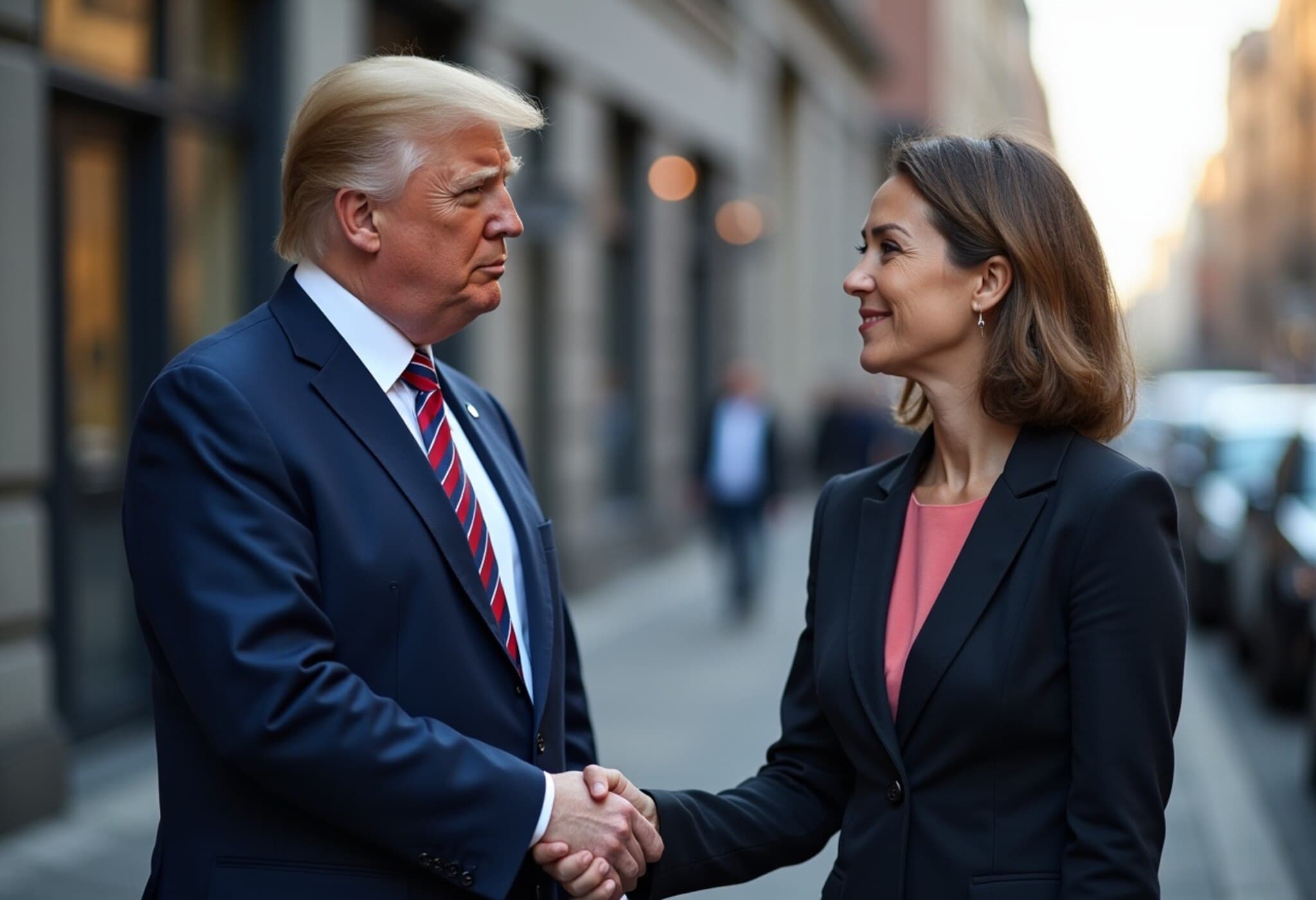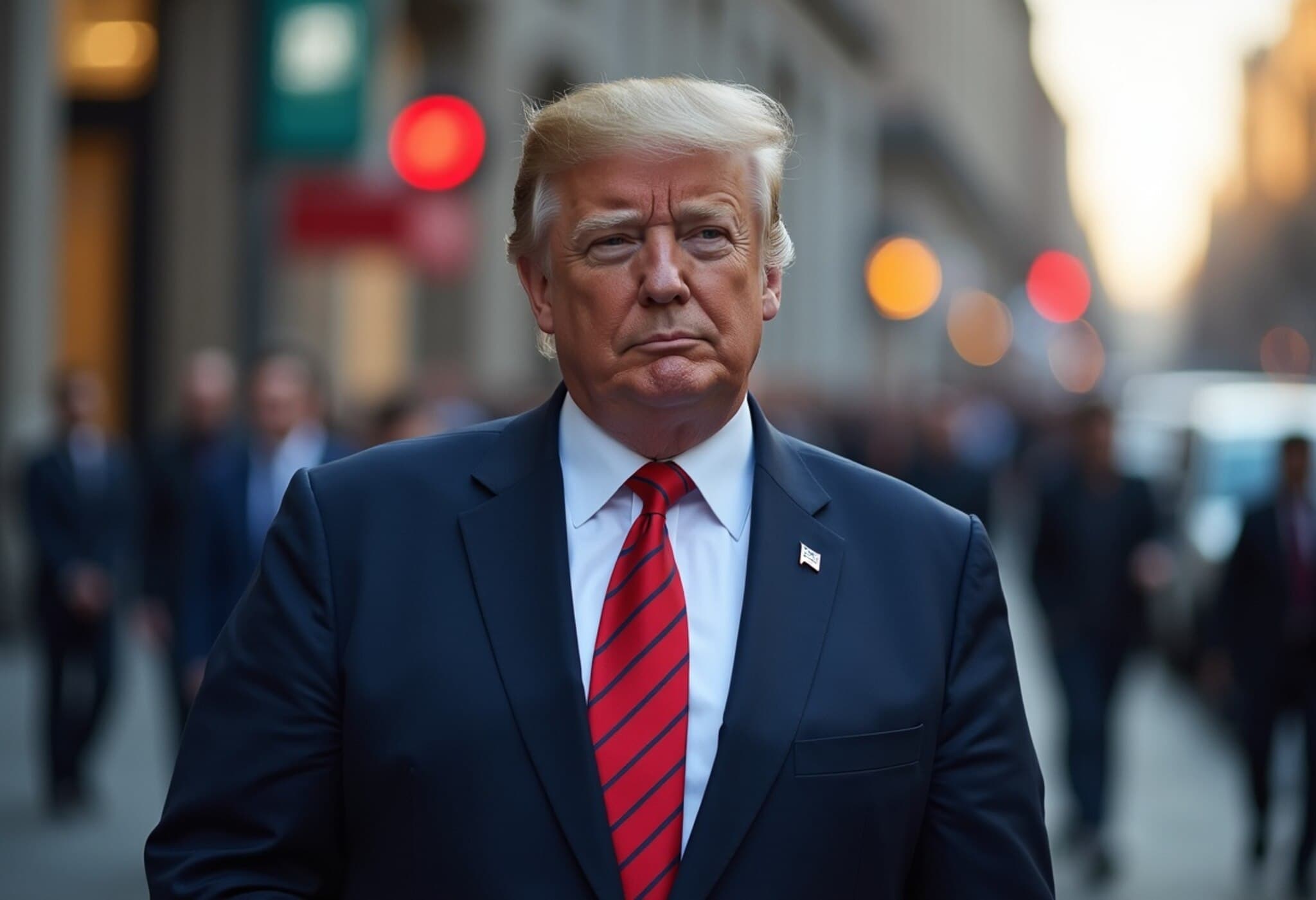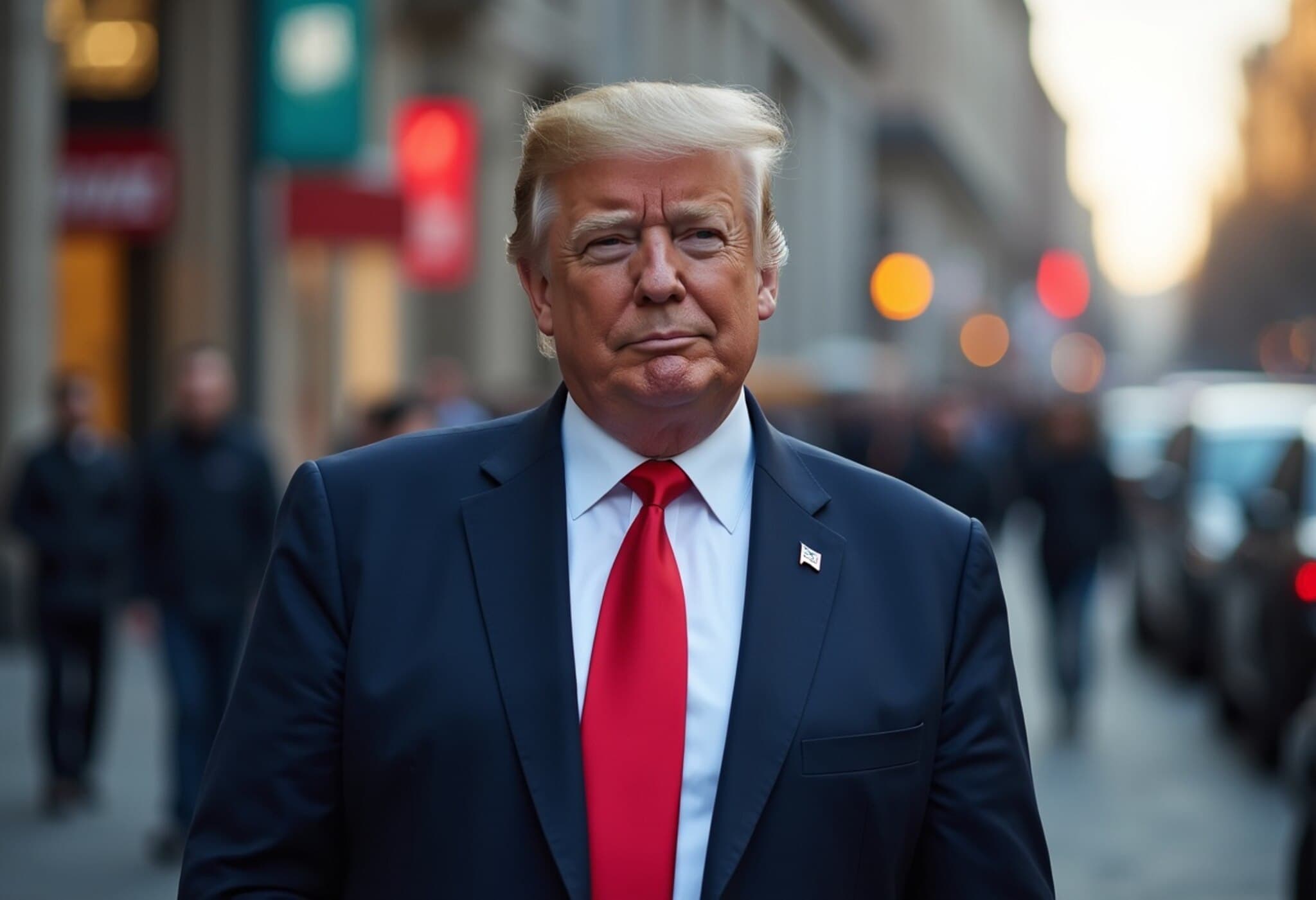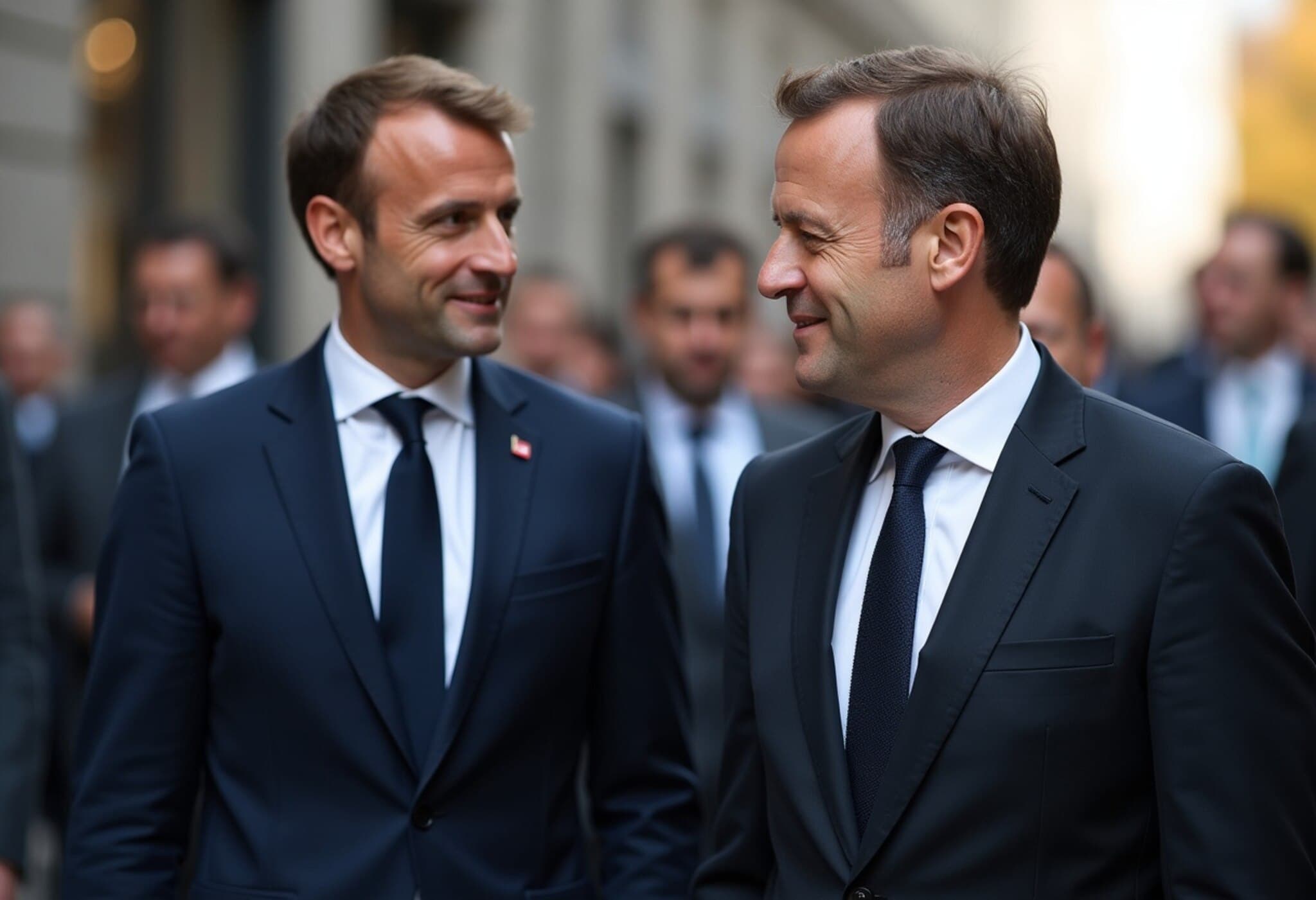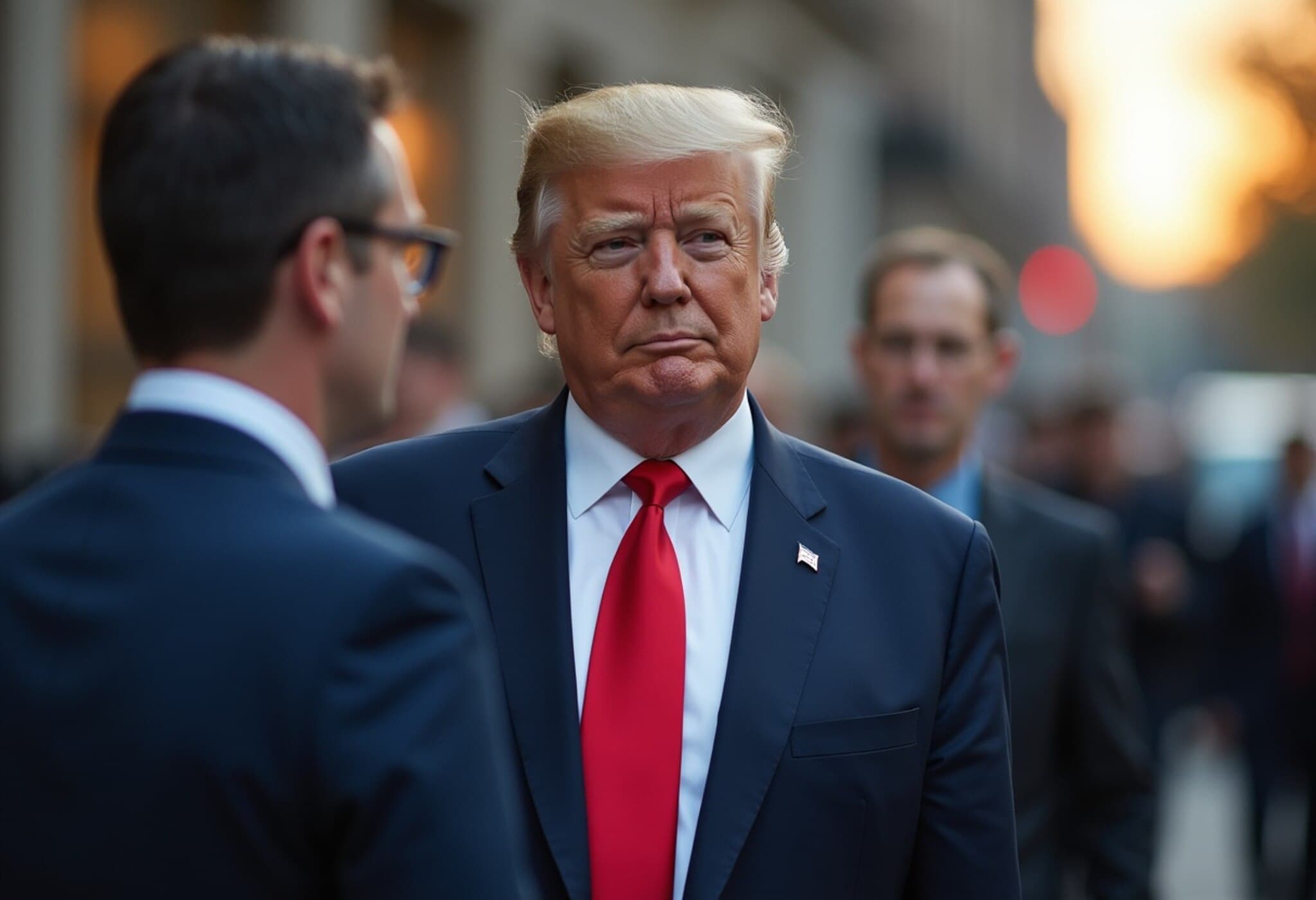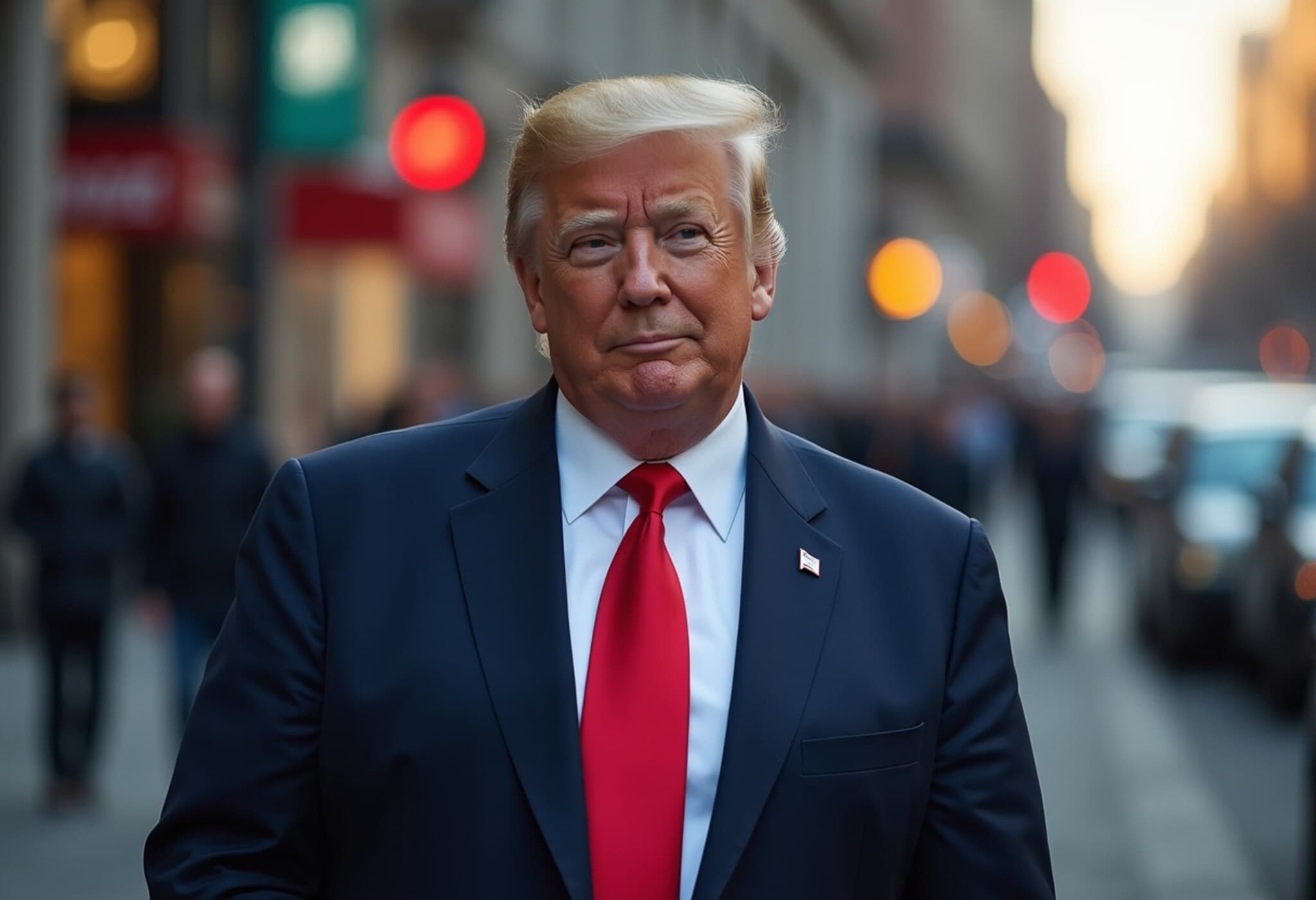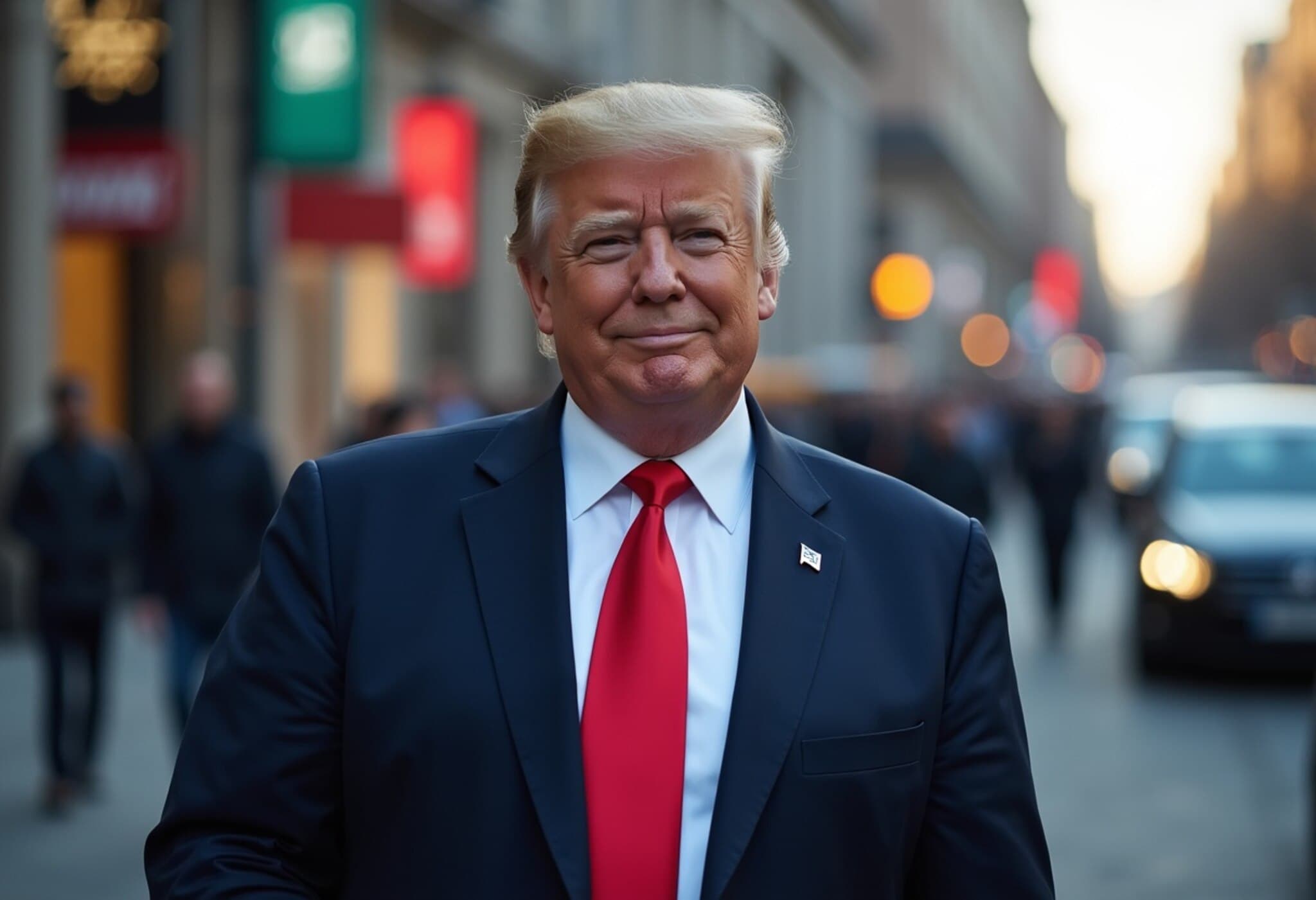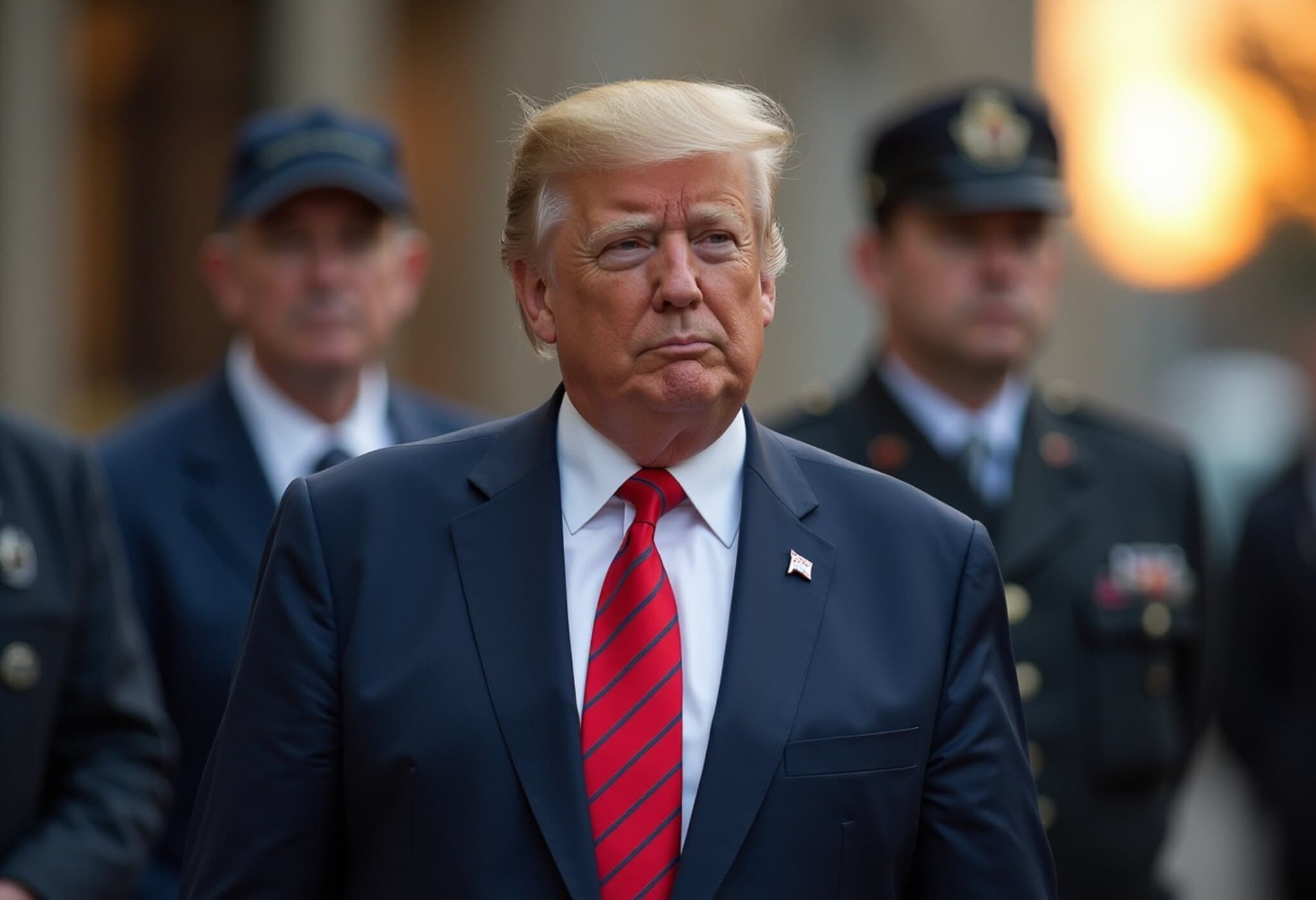European Union Pauses Tariffs in Bid to Forge New Trade Agreement with U.S.
In a strategic move reflecting cautious optimism, the European Union has announced a delay in implementing retaliatory tariffs on American goods, initially set to begin on Monday. This postponement underscores Brussels’ commitment to dialogue, aiming to secure a comprehensive trade deal with Washington by August 1.
Von der Leyen Signals Window for Negotiation Amid Tariff Threats
European Commission President Ursula von der Leyen addressed the media on Sunday in Brussels, emphasizing that this moment demands active negotiations rather than escalations. Her comments came shortly after President Joe Biden—who succeeded Donald Trump but retained some contentious tariff policies—sent a letter announcing new 30% tariffs targeting EU and Mexican imports effective August 1.
Von der Leyen acknowledged the gravity of these tariffs but maintained that postponing the EU's countermeasures buys both sides crucial time to pursue a negotiated solution. “We have always been clear that we prefer a negotiated solution,” she remarked, while signaling readiness to deploy countermeasures should talks falter.
Economic Stakes: A Complex Web of Transatlantic Trade
The economic ties binding the EU and U.S. are vast and intricate. In 2024, bilateral trade in goods and services totaled a staggering 1.7 trillion euros ($2 trillion), averaging nearly 4.6 billion euros daily according to Eurostat. Key European exports to the U.S.—ranging from pharmaceuticals to aircraft and luxury goods like wine and spirits—stand at risk amidst tariff uncertainties.
This uncertainty ripples far beyond the negotiating table, impacting industries and consumers on both sides of the Atlantic. German automakers, French winemakers, and countless others engage daily with the American market, making trade disruptions potentially felt throughout the global economy.
Political Nuances: Italy’s Role as a Diplomatic Bridge
Italian Foreign Minister Antonio Tajani was slated to embark on talks in Washington to help navigate these turbulent waters. Italy’s conservative government, led by Premier Giorgia Meloni—known for her unique position as the only EU leader attending former President Trump’s inauguration—seeks to act as a mediator between Brussels and Washington.
“Negotiating with one’s head held high” was Tajani’s mantra ahead of his discussions, reflecting a determination to balance principled advocacy for European interests while fostering continued partnership with the U.S.
The U.S. Perspective: Trade Deficit and National Security Concerns
On the American side, tensions stem from long-standing concerns about the trade deficit with the EU, which was labeled a national security threat in President Trump’s tenure and continues to influence current trade policy narratives. White House National Economic Council Director Kevin Hassett made it clear that the administration remains unsatisfied with initial draft agreements, advocating for stricter terms to protect American economic interests.
“The president thinks that the deals need to be better,” Hassett noted, highlighting the delicate balance between reaching agreements and securing favorable conditions for U.S. workers and industries alike.
Broader Implications: Diversification and Multilateralism in Trade
The unfolding trade negotiations come amid a shifting global landscape where alliances and partnerships evolve rapidly. Von der Leyen underscored the importance of diversifying trade relationships, referencing new cooperation with Indonesia as a prime example of forging reliable, trust-based partnerships beyond traditional frameworks.
Indonesian President Prabowo Subianto echoed this multilateral vision, acknowledging the U.S. as an indispensable global leader while advocating for a “very strong Europe” as a pillar of international stability.
Looking Ahead: What’s Next for EU-U.S. Trade Relations?
The upcoming week will be pivotal, with EU trade ministers convening to deliberate on strategies not only toward the U.S. but also in relation to China. This high-stakes period invites stakeholders from governments, industries, and civil society to weigh in on the direction of global trade, underlining the intricate interplay of diplomacy, economics, and national interests.
Editor’s Note:
As the EU and U.S. tread cautiously toward a potential trade agreement, several critical questions remain: Can diplomatic negotiations reconcile deep-seated trade deficits and national security concerns? How will industries vulnerable to tariffs adapt to ongoing uncertainty? And might this delicate dance between protectionism and free trade redefine transatlantic relations for years to come? The answers could reshape global commerce, with wide-reaching impacts far beyond the immediate stakeholders.


